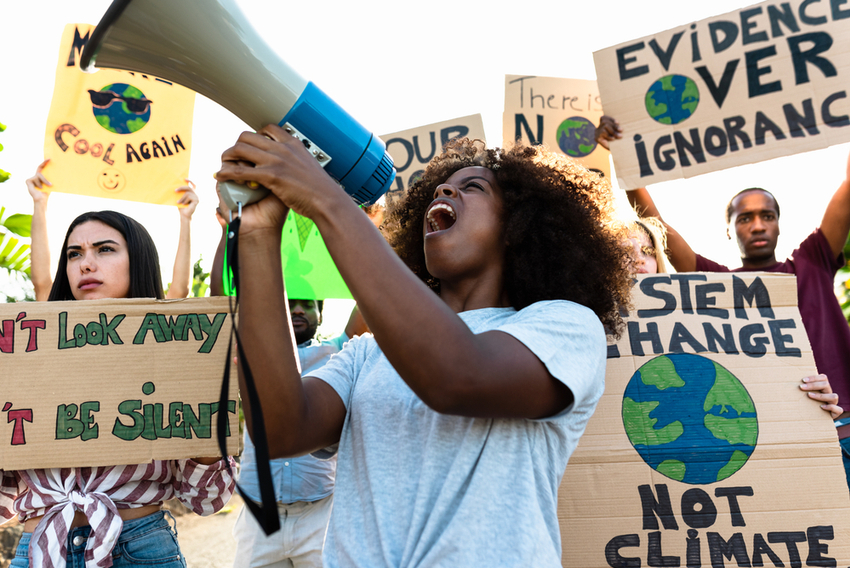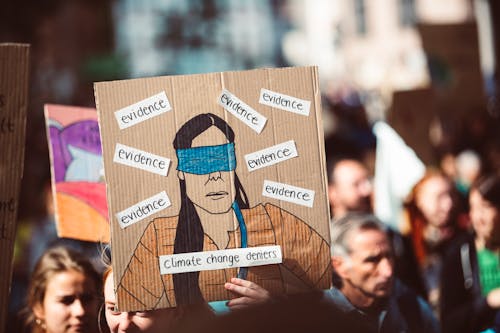Frontlines of Climate Justice: Black Women's Voices from the Global South
When we talk about climate change, the narratives often focus on policy debates or distant environmental disasters. But on the very frontlines of climate justice, a powerful, often overlooked movement is taking shape, led by Black women in the Global South.
- Ornella Jameson
- Jul 04, 2025
- 0 Comments
- 2623 Views
These are the communities most impacted by environmental devastation, yet their wisdom, resilience, and solutions are rarely amplified. This article is a vital invitation to listen, learn, and understand how their voices are not just telling a story of struggle, but forging a path toward a more equitable and sustainable future for us all.
The Ground They Stand On Is Shifting
For Black women living in vulnerable regions, from the coasts of West Africa to the rainforests of Brazil, the climate crisis is not a distant threat. It is a daily reality. Floods erase homes, droughts wither crops, and toxic industries poison the air and water. These environmental harms are layered on top of centuries of racial and economic injustice, making survival a complex battle.
But Black women are not just victims. They are leaders, organizers, and visionaries. They bring ancestral wisdom and community knowledge to the fight against climate change, grounding activism in lived experience and cultural roots.
Intersectional Leadership in a Global Crisis
Climate justice isn’t just about nature. It’s about people, power, and inequality. Black women in the Global South understand this better than anyone. Their leadership embraces intersectionality: a recognition that environmental degradation intersects with racism, sexism, and economic exploitation.
They demand solutions that center marginalized voices and challenge the structures that caused the crisis in the first place. Their activism expands the definition of climate justice to include land rights, labor protections, and food sovereignty. They remind us that the planet and its people cannot be separated.
Healing Through Resistance and Resilience
Amid devastation, Black women create spaces of healing and empowerment. Through grassroots organizations, storytelling, and community rituals, they transform grief into collective strength. They teach that climate resilience is also emotional resilience: the ability to keep hope alive when the future feels uncertain.
Their activism is deeply rooted in love: for the earth, for their communities, and future generations. This love fuels bold action and unwavering courage.
Building Futures on Their Terms
The path forward is not about charity or top-down aid. It is about respecting the leadership of Black women and supporting community-led solutions. From agroecology projects that restore biodiversity to legal fights that protect indigenous land rights, these women are reshaping the climate movement.
By listening to their voices, amplifying their stories, and investing in their work, we move closer to a climate future that is just, inclusive, and sustainable.
The fight for climate justice is inseparable from the fight for racial and gender justice. Black women in the Global South are not just survivors of climate change:they are the architects of a new world. To ignore their voices is to ignore the future itself

 | Unlock Success with Our Guide
| Unlock Success with Our Guide





0 Comments